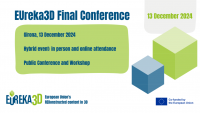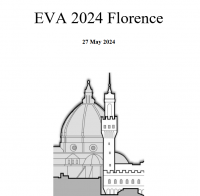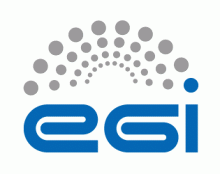
Between 8th and 12th of April 2013, EGI.eu and UK NGI, a partnership between GridPP and the National e-Infrastructure Service (NES), hosted the Community Forum 2013.
![]() The event, which was hold in Manchester in conjunction with the 3rd EMI Technical Conference, was very successful and provided a great opportunity to reflect upon the growing diversification in usage of the European Grid Infrastructure from across all research disciplines as well as the widening international collaboration that is taking place.
The event, which was hold in Manchester in conjunction with the 3rd EMI Technical Conference, was very successful and provided a great opportunity to reflect upon the growing diversification in usage of the European Grid Infrastructure from across all research disciplines as well as the widening international collaboration that is taking place.
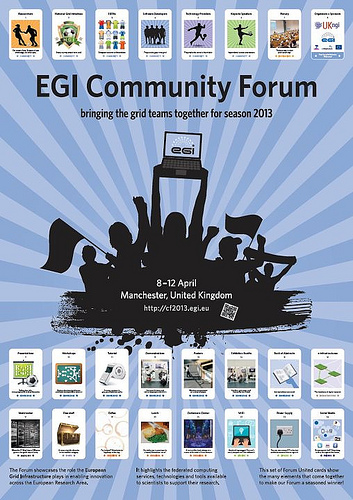
DCH-RP project has been invited to attend the meeting, organizing a workshop, on “Digital Cultural Heritage: state of the art and future developments”. The workshop brought together projects and initiatives working world-wide in the domain of the digital cultural heritage, digital arts, digital performances and digital humanities in order to find synergies and to discuss opportunities for cooperation, in particular around the theme of the use of the e-infrastructures for DCH, thus avoiding to duplicate efforts to reach the same goals.
Antonella Fresa from Promoter Srl introduced the workshop presenting the meeting and DCH-RP (PDF, 960 Kb).
Shirley Crompton from STFC presented the SCIDIP-ES initiative (PDF, 2,5 Mb). Nicolas Larousse from TGE-ADONIS introduced the DARIAH project (PDF, 900 Kb). Roberto Barbera from INFN gave on overview of CHAIN-REDS (PDF, 2,5 Mb). Martin Philipp Hellmich from CERN introduced the EUDAT project (PDF, 3 Mb). Faridah Mohd Noor from University of Malaya spoke about Mah Meri Masks Project, an example of Virtual Storytelling and Digital Archiving in the Cloud (PDF, 1,2 Mb). And finally Jan Just Keijser from Nikhef made a presentation on Data management for digital archivists (PDF, 1,1 Mb)
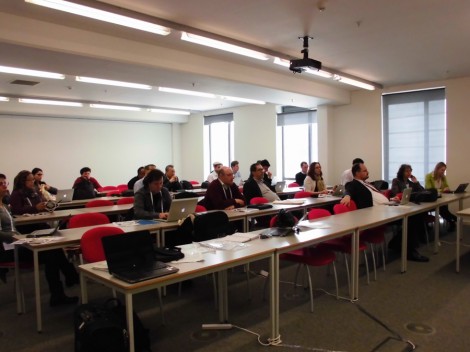 This occasion was a first step where projects that are working on the creation of a research infrastructure dedicated to the cultural heritage and the humanities could get together and agree on the need to set up a common plan in the light of establishing a Virtual Research Community to be acknowledged at European level by the world of e-infrastructure, to approach the next opportunities offered by Horizon2020.
This occasion was a first step where projects that are working on the creation of a research infrastructure dedicated to the cultural heritage and the humanities could get together and agree on the need to set up a common plan in the light of establishing a Virtual Research Community to be acknowledged at European level by the world of e-infrastructure, to approach the next opportunities offered by Horizon2020.
Naturally, a common plan is an ambitious goal, it will be composed by several parts where each project and possibly new ones will have different roles and priorities, it will need time to be discussed, to analyse opportunities and threats, but it seems that also, thanks to the efforts spent in the last years, the community of the researchers on cultural heritage and humanities needs to be shaped more precisely, identifying common goals, strategies and synergies between the different initiatives.
For more information on DCH-RP wisit the project website.


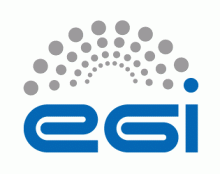
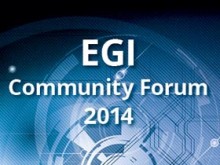
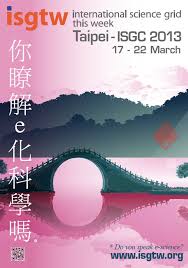

 If you have interesting news and events to point out in the field of digital cultural heritage, we are waiting for your contribution.
If you have interesting news and events to point out in the field of digital cultural heritage, we are waiting for your contribution.






